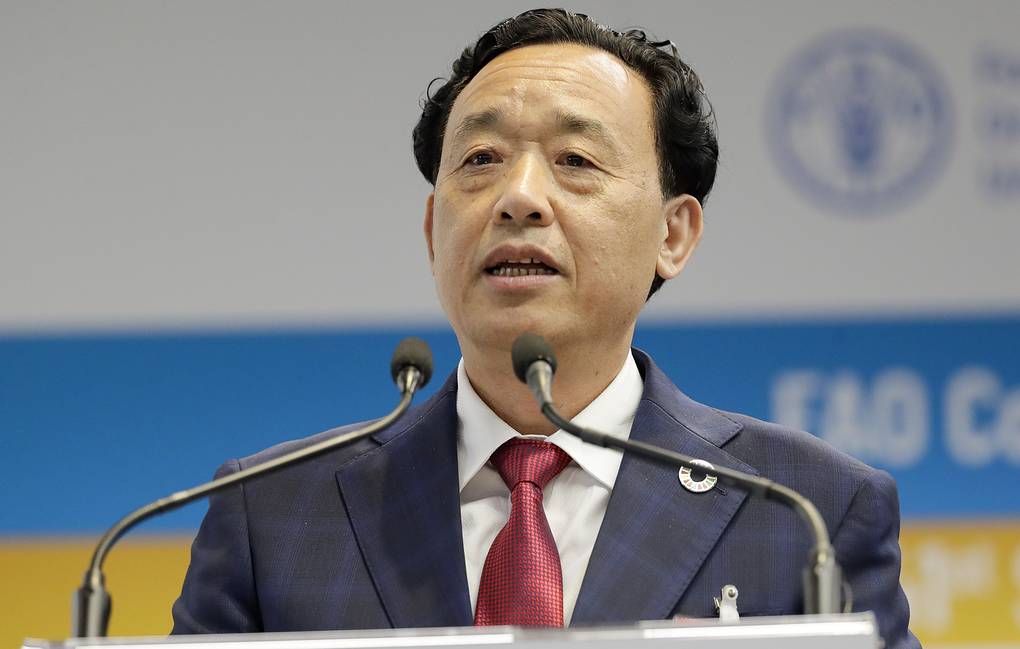A groundbreaking collaboration between global institutions, including the World Bank, the Food and Agriculture Organization of the United Nations (FAO), and the International Fund for Agricultural Development (IFAD), is underway to address the agriculture data gap with a $500 million fund.
This initiative, led by the Agro Climatic Resilience in Semi-Arid Landscapes (ACReSAL) agency of the Federal Government and supported by the World Bank, aims to manage environmental, agriculture, and water resources effectively. Through the internationally conceived 50×2030 initiative, the collaboration plans to commit the $500 million fund over the next decade to enhance data-gathering efforts crucial for informed agricultural production.
The anticipated benefits of the 50×2030 initiative include increased agricultural productivity, improved livelihoods, and the development of informed agricultural policies through data-driven decision-making. By 2030, the partnership aims to directly impact 50 countries across Africa, Asia, the Middle East, and Latin America, with Nigeria spearheading implementation through the ACReSAL project.
ACReSAL’s mandate includes combating desertification, restoring degraded lands, and promoting sustainable agricultural production in Nigeria’s northern states and the Federal Capital Territory. This initiative aligns with efforts to achieve food security, sustainability, and climate change resilience by strengthening national agricultural data systems.
Joy Agene, AGReSAL’s Project Task Team Leader, emphasized the importance of stakeholder contributions in ensuring the success of the initiative. Local experts from the National Bureau of Statistics, Federal Ministries of Agriculture and Environment, and Non-Governmental Organizations are actively involved. Technical guidance from FAO, the World Bank, and IFAD will further support the initiative.
Funding for the 50/2030 initiative will follow a participatory model, with governments contributing 70% of the required funding to unlock the remaining 30% from development partners. The national data-gathering exercise is scheduled between October 2024 and April 2025, with data analysis expected to be completed six months thereafter.
In preparation for the data collection exercise, ACReSAL conducted a comprehensive training program for officers and stakeholders across Nigeria’s northern states and the Federal Capital Territory in April 2024. This collaborative effort holds immense promise for enhancing agricultural productivity, mitigating climate change impacts, and fostering sustainable development across participating nations.










